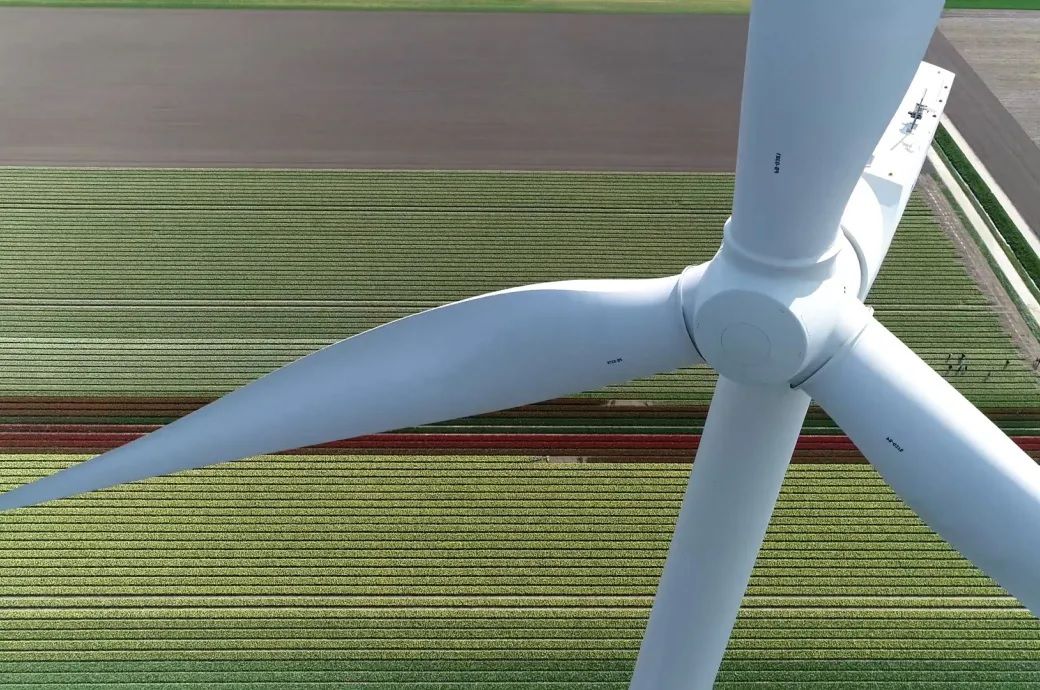
The act will strengthen the resilience and competitiveness of net-zero technologies manufacturing in the EU, and make its energy system more secure and sustainable.
It will create better conditions to set up net-zero projects in Europe and attract investments, with the aim that the EU’s overall strategic net-zero technologies manufacturing capacity approaches or reaches at least 40 per cent of the grouping’s deployment needs by 2030, an official release said.
This will accelerate the progress towards the EU's 2030 climate and energy targets and the transition to climate neutrality, while boosting the competitiveness of EU industry, creating quality jobs, and supporting the EU's efforts to become energy independent, the EU said.
The proposed legislation addresses technologies that will make a significant contribution to decarbonisation.
These include solar photovoltaic and solar thermal, onshore wind and offshore renewable energy, batteries and storage, heat pumps and geothermal energy, electrolysers and fuel cells, biogas/biomethane, carbon capture, utilisation and storage, and grid technologies, sustainable alternative fuels technologies, advanced technologies to produce energy from nuclear processes with minimal waste from the fuel cycle, small modular reactors, and related best-in-class fuels.
The proposed regulation now needs to be discussed and agreed by the European Parliament and the EU Council before its adoption and entry into force.
Fibre2Fashion News Desk (DS)